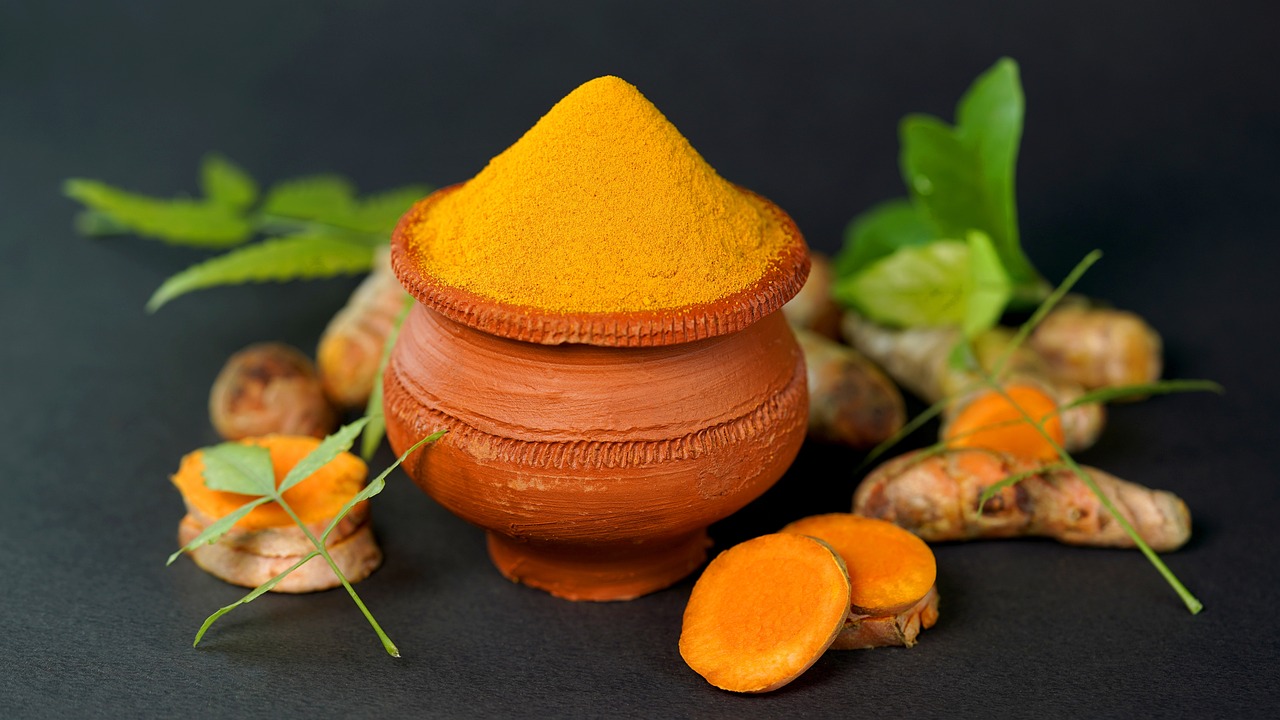A recent study reveals that incorporating turmeric into your diet may accelerate muscle recovery and reduce exercise-induced inflammation—offering athletes and fitness enthusiasts a natural, eco-friendly way to bounce back after a strenuous workout.
Key Points at a Glance:
- Turmeric’s active ingredient, curcumin, reduces inflammation and oxidative stress.
- Consumption of turmeric may accelerate recovery after intense exercise.
- Study findings suggest reduced muscle soreness and improved performance.
- The natural spice offers a potential eco-friendly alternative to conventional recovery aids.
- Future research aims to optimize dosing and application methods for maximal benefits.
Recent research is shining a light on an age-old spice that has been treasured for its healing properties for centuries. Turmeric—renowned for its vibrant color and potent anti-inflammatory effects—is now under the scientific spotlight for its ability to enhance muscle recovery following strenuous exercise. The study, recently reported on SciTechDaily, suggests that consuming turmeric could help reduce inflammation and muscle soreness, potentially paving the way for faster recovery times and improved athletic performance.
At the heart of turmeric’s benefits lies curcumin, its primary active compound. Curcumin is known for its robust anti-inflammatory and antioxidant properties, which can help mitigate the muscle damage typically incurred during intense physical activity. When you exercise, microscopic tears occur in your muscle fibers, leading to inflammation and oxidative stress. While this is a natural part of the muscle repair process, excessive inflammation can slow recovery and impair subsequent performance. The study indicates that curcumin may help modulate the body’s inflammatory response, thereby reducing the intensity of muscle soreness and speeding up the repair process.
In the controlled study, participants who incorporated turmeric into their post-exercise regimen experienced noticeably less muscle discomfort compared to those who did not. Researchers hypothesize that the curcumin in turmeric helps neutralize free radicals and dampen the inflammatory pathways activated during muscle strain. The resulting effect is a decrease in delayed onset muscle soreness (DOMS), a common phenomenon that can affect athletes and weekend warriors alike.
The implications of these findings extend well beyond mere comfort. Faster muscle recovery can mean more efficient training cycles, allowing athletes to push their limits without prolonged downtime. For everyday fitness enthusiasts, improved recovery translates into a reduced risk of injury and a more sustainable approach to regular exercise. Moreover, turmeric’s natural origin and long history of culinary use make it an attractive alternative to synthetic recovery aids, aligning with growing consumer trends toward clean, eco-friendly solutions in health and wellness.
Despite the promising results, researchers caution that further work is necessary to fully harness turmeric’s potential in muscle recovery. One of the challenges noted in the study is the bioavailability of curcumin. In its natural form, curcumin is not easily absorbed by the body, which has led scientists to explore various formulations and adjuncts—such as piperine (found in black pepper)—to enhance its effectiveness. Future research is poised to refine dosing strategies and develop optimized delivery methods to ensure that individuals can reap the maximum benefits from turmeric supplementation.
The study also opens the door to a broader discussion about the role of natural remedies in modern sports nutrition. As athletes and trainers continually seek ways to optimize performance and recovery, the incorporation of scientifically backed, natural substances like turmeric offers a promising avenue. The potential for turmeric to serve as a low-cost, accessible, and sustainable recovery aid is especially appealing in today’s health-conscious and environmentally aware society.
In summary, the new research on turmeric adds a compelling chapter to our understanding of how natural compounds can support muscle recovery. With its potent anti-inflammatory and antioxidant properties, turmeric—and specifically curcumin—could become a key component in the toolkit of athletes and fitness enthusiasts seeking to optimize recovery and enhance performance. As the scientific community continues to explore this ancient spice’s modern applications, turmeric may well prove to be the natural ally we need to keep moving forward—stronger and faster.
